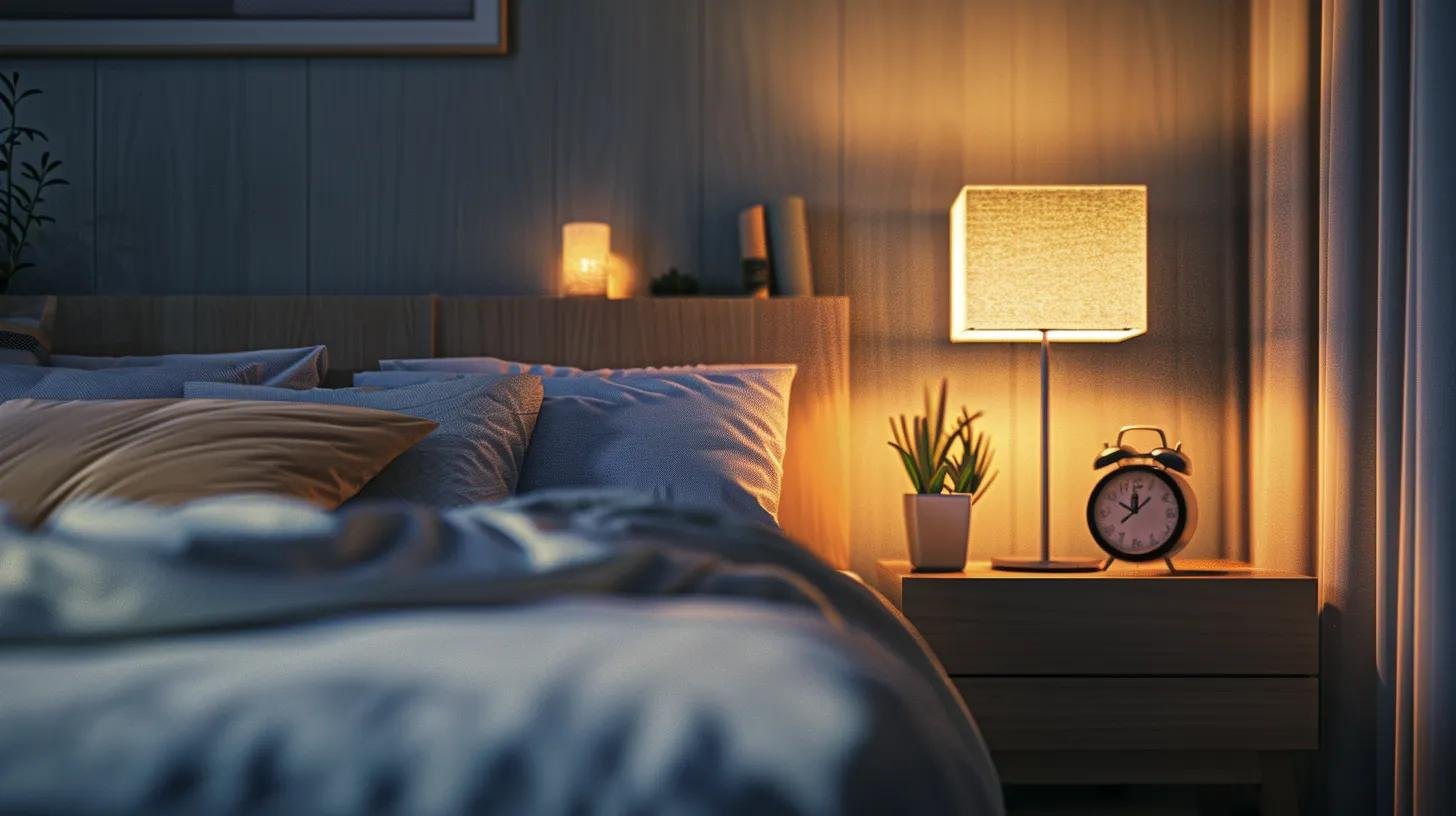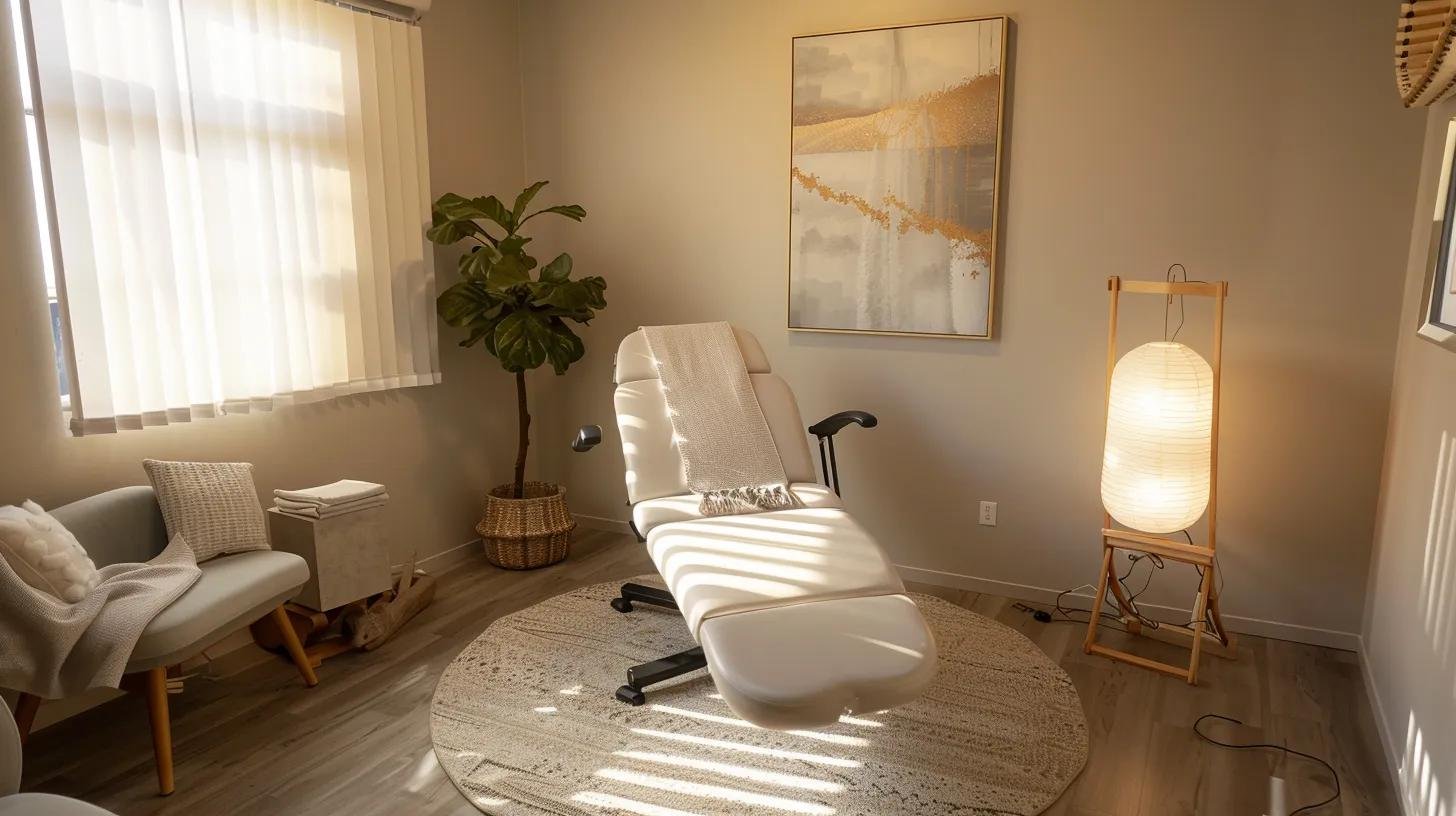Science-Backed Solutions for Sleep Difficulties: 12 Proven Methods to Improve Sleep Quality
Finding restorative sleep is essential for both physical health and relationship harmony. Sleep difficulties can lead to mood instability, reduced productivity, and increased stress. This article explores 12 science-backed solutions to enhance sleep quality through lifestyle adjustments, natural remedies, and evidence-based therapies.
What Are the Common Causes and Types of Sleep Difficulties?
Sleep difficulties result from a mix of poor sleep hygiene, stress, irregular routines, and environmental factors. Conditions like chronic insomnia, sleep apnea, narcolepsy, and sleep paralysis can arise. Noise, light, and even lifestyle habits contribute to these disturbances. Understanding personal triggers helps in choosing appropriate remedies and managing both intermittent and chronic issues.
What Is Insomnia and How Does It Affect Sleep?
Insomnia involves difficulty falling or staying asleep, leading to daytime fatigue and impaired cognitive function. It is marked by delayed sleep onset and frequent awakenings. Stress and anxiety disrupt natural sleep cycles, increasing the risk of mood disorders. Behavioral modifications and cognitive therapies are recommended to re-establish healthy sleep patterns.
How Does Sleep Apnea Impact Sleep Quality and Health?
Sleep apnea, where breathing repeatedly stops during sleep, causes fragmented rest and daytime sleepiness. Without treatment, it may lead to hypertension, heart disease, and metabolic disorders. It also affects a partner’s sleep. Treatments such as CPAP devices and lifestyle changes help restore uninterrupted sleep.
What Role Does Circadian Rhythm Play in Sleep Difficulties?
The circadian rhythm, regulated by light and dark cycles, influences sleep timing. Disruptions from shift work or excessive screen time can cause a misaligned sleep cycle, making it hard to fall asleep and wake up on time. Regular exposure to natural light and a consistent sleep schedule are vital to synchronizing this internal clock.
How Can Sleep Hygiene Practices Improve Your Sleep?
Good sleep hygiene involves creating a regular bedtime routine, an optimal sleeping environment, and consistent daily habits. These practices help reduce nighttime disruptions and enhance the restorative quality of sleep. Establishing these routines can improve both cognitive function and mood stability.
What Are the Best Bedtime Routines for Better Sleep?
A steady bedtime ritual signals the body to wind down. Activities such as reading, a warm bath, or meditation encourage relaxation and boost melatonin production. Avoiding stimulants and electronic devices at least one hour before bed can shorten sleep onset and improve overall sleep efficiency.
How Can You Optimize Your Sleep Environment?
Creating a sleep-friendly space involves using blackout curtains, comfortable mattresses, and minimizing electronic distractions. Cool temperatures between 60–67°F, as well as noise reduction through white noise machines or earplugs, support deeper, uninterrupted sleep. A workspace-free bedroom reinforces its use solely for rest.
Why Is a Consistent Sleep Schedule Important?
Maintaining fixed bed and wake times reinforces the body’s clock and promotes reliable sleep patterns. Regular sleep times minimize sleep debt, reduce stress and boost daytime productivity and overall performance.
How Do Exercise and Diet Influence Sleep Hygiene?
Regular exercise reduces stress and deepens sleep, while a balanced diet supports sleep through proper nutrient intake. Aerobic activities can shorten sleep onset, and meals rich in magnesium and tryptophan promote relaxation. Avoid heavy meals and caffeine near bedtime, as they disrupt sleep.
Which Natural Sleep Remedies Are Supported by Science?
Natural remedies, including melatonin supplements, valerian root, chamomile tea, and magnesium, address various aspects of sleep quality. They aid in hormone regulation and muscle relaxation, often reducing the time it takes to fall asleep without the side effects of some medications.
How Does Melatonin Help Regulate Sleep?
Melatonin, produced by the pineal gland, signals the body that it is time for sleep. Supplementation can reduce sleep onset latency by about 20–30% and help realign disrupted circadian rhythms when taken 30 minutes before bedtime.
What Are the Effects of Valerian Root and Chamomile Tea?
Valerian root and chamomile tea promote relaxation and reduce anxiety. Valerian‘s sedative effects can shorten time-to-sleep, while chamomile provides a gentle anti-anxiety boost. Regular consumption through tea or supplements offers a natural alternative to prescription sedatives.
How Does Magnesium Support Sleep Quality?
Magnesium aids neurotransmitter regulation and muscle relaxation. It helps lower cortisol levels, promoting a relaxed state. Supplementation, typically 200–400 mg daily, can remedy magnesium deficiency and improve sleep continuity and efficiency.
What Evidence-Based Therapies Effectively Treat Sleep Difficulties?
Therapies such as Cognitive Behavioral Therapy for Insomnia (CBT-I), light therapy, and relaxation techniques have proven effective in treating sleep disorders. These therapies address both thoughts and behaviors that disrupt sleep, offering longer-lasting solutions than temporary medication.
How Does Cognitive Behavioral Therapy for Insomnia (CBT-I) Work?
CBT-I helps identify and change negative sleep-related thoughts and behaviors. Combining cognitive restructuring with techniques like sleep restriction, this therapy can improve sleep quality by up to 70% and reduce sleep-related anxiety.
When Is Light Therapy Recommended for Sleep Problems?
Light therapy is particularly beneficial for Seasonal Affective Disorder and delayed sleep phase syndrome. Exposing oneself to about 20–30 minutes of bright light in the morning helps suppress melatonin and reset the sleep cycle.
What Relaxation Techniques Can Improve Sleep?
Methods such as progressive muscle relaxation, deep breathing, and meditation lower heart rate and muscle tension. By activating the parasympathetic nervous system, these practices facilitate faster sleep onset and improve overall sleep quality when performed regularly.
How Do Lifestyle Factors Affect Sleep Quality and What Changes Help?
Lifestyle choices, including diet, exercise, and stress management, are key to quality sleep. Unhealthy habits like excessive caffeine use or irregular sleep schedules contribute to sleep disruption. Adjusting daily habits can significantly improve sleep and overall well-being.
Which Foods Should You Eat or Avoid for Better Sleep?
A balanced diet that includes complex carbohydrates, lean proteins, and magnesium-rich foods promotes sleep by supporting serotonin production. Avoid spicy, fatty foods, and stimulants like caffeine and sugar close to bedtime to maintain stable sleep patterns.
How Does Regular Exercise Influence Sleep Patterns?
Consistent physical activity helps reduce sleep onset time and increases deep sleep duration. Both moderate and vigorous exercises can stabilize the circadian rhythm when performed several hours before bedtime.
What Is the Impact of Stress and Anxiety on Sleep?
Stress and anxiety trigger the body’s fight-or-flight response, making it hard to relax. High cortisol levels from prolonged stress reduce total sleep time and quality. Effective stress management is essential to break this cycle.
Why Should You Limit Caffeine and Alcohol Before Bed?
Caffeine delays sleep onset by stimulating the nervous system, and while alcohol may initially promote sleep, it disrupts the REM phase later in the night. Limiting both—especially within six hours of bedtime—can help maintain a more restorative sleep cycle.
When Should You Seek Professional Help for Sleep Difficulties?
If sleep issues persist despite improvements in hygiene and lifestyle, professional help should be sought. Symptoms such as severe insomnia, pronounced daytime sleepiness, or signs of sleep apnea need evaluation. Diagnosis might involve tests like polysomnography and lead to specialized therapy or medication.
What Are the Warning Signs That Require Medical Attention?
Difficulty sleeping for over 30 minutes, frequent awakenings, loud snoring with gasping, and constant daytime fatigue are all warning signs that warrant a consultation with a sleep specialist.
How Can You Find a Qualified Sleep Specialist?
Referrals from primary care physicians or accredited sleep center databases are good starting points. Look for professionals certified in sleep medicine via reputable organizations and check their profiles and reviews.
How Can You Implement and Maintain These 12 Science-Backed Sleep Solutions?
Improving sleep starts with reviewing current habits and setting realistic goals. Create a personalized plan by tracking sleep with a diary or app, experimenting with remedies, and making adjustments as needed. Consistency and sometimes professional support ensure lasting improvement.
What Are the Steps to Create a Personalized Sleep Improvement Plan?
Begin with a sleep diary for two weeks to record routines, wake times, and disturbances. Identify key areas for change, set small, achievable goals, and choose one or two strategies to start. Regularly review your progress and adjust your plan based on feedback.
How Can Tracking and Adjusting Your Sleep Habits Help?
Monitoring sleep habits allows you to spot patterns and triggers. Timely adjustments to routines or the sleep environment can lead to continuous improvements in sleep quality, benefiting overall health and relationships.
What Resources Support Ongoing Sleep Health?
Reliable support can be found in reputable sleep research centers, scientific literature, and certified sleep specialists. Online tools and communities, including sleep tracking apps, provide additional guidance and the latest information on sleep science.
A summary table like the one above offers a quick reference for natural sleep remedies and their benefits.
Frequently Asked Questions
Q: What common causes contribute to sleep difficulties?
A: Stress, poor sleep hygiene, and circadian disruptions are common factors.
Q: How useful is melatonin in treating insomnia?
A: Melatonin helps synchronize the sleep-wake cycle and can reduce sleep onset time by 20–30%.
Q: When should individuals seek professional help for sleep issues?
A: Persistent sleep problems with daytime fatigue, breathing irregularities, or chronic insomnia warrant professional consultation.
Q: Can lifestyle changes alone improve sleep quality?
A: Yes, adopting better sleep routines, diet, and exercise is shown to significantly improve sleep.
Q: Are natural sleep remedies effective for everyone?
A: Their effectiveness varies; it is best to tailor remedies to individual needs and consult professionals as needed.
This guide highlights 12 science-backed solutions for better sleep through lifestyle adjustments, natural remedies, and evidence-based therapies. By incorporating a consistent routine, optimizing the sleep environment, and seeking help when needed, individuals can achieve more restorative sleep and improve overall quality of life.




